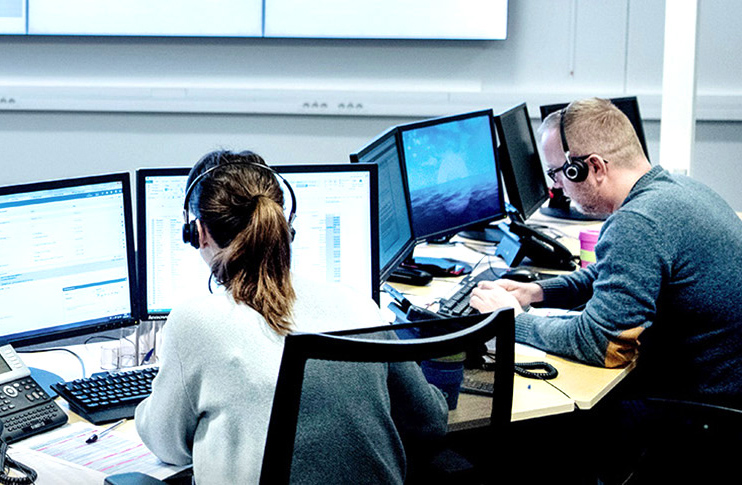
By Riana Steen, BI Norwegian Business School (Norway)
“Flexibility is the operative principle in the art of war. […] Those who are victorious plan effectively and change decisively. They are like a great river that maintains its course but adjusts its flow.” Sun Tzu (c. 500 b.c)
In ancient China, a high-ranking military strategist and philosopher, Sun Tzu, in his book “The Art of War” acknowledged the importance of capability building and the role of flexibility and adaptive behaviour as the key to success in warfare. The context of Sun Tzu’s arguments was a war against a nation’s enemies. Yet, it is highly relevant for dealing with real work practices’ complexity during an emergency response (ER) operation. The handling of Covid-19 pandemic, in many respects, shows how uncertainty, time pressures and escalating consequences reinforce the need for new approaches in emergency management systems. It calls for a series of research initiatives to provide a deeper understanding of how ER operations may succeed or fail under varying conditions.
As an ethnographer in ER context, I spent my sabbatical year to conduct field research on resilience in emergency management. From January 2020, in a joint research project with the Operator’s Association for Emergency Response, known as OFFB, we have explored how principles and methods from RE field can be applied to improve the adaptive capacity in emergency management systems. As a second line ER organisation for Oil and Gas operators in the Norwegian continental shelf, OFFB operation engages various multidimensional processes in responding to incidents that may impact the people, environment, and material assets. OFFB is also responsible for training and exercises involving its personnel and those employed by the operating companies and associate third parties.
Our observation through a systematic description of the ER events and team behaviours, when joining in different ER exercises, provided us with a unique opportunity to understand the working environment, to translate our empirical findings through the lens of an ER- operational context. The outcomes of our project, up to the present time, are several contributions addressing the following research questions:
- How to design a performance management system to enhance organisational resilience under turbulent changes, in the context of an emergency management organisation?
- How to sustain an emergency response system’s adaptability?
- To what extent does the application of time-dependent FRAM analysis enhance response organisations’ ability to understand and analyse resilience potentials in emergency response operations, hence its adaptive capacity?
We have also explored a Covid-19 outbreak at West Phoenix floating oilrig at the North Sea from a resilience perspective and studied how the outbreak’s characteristics affected the emergency response. More specifically, we investigated how interaction and coordination between different response actors bring new knowledge into the ER field, improving learning potential, thus resilience in ER operations.
While we continue our research in this promising area, we will focus on combining ideas from “naturalistic decision making” and RE. In particular, we will research how enhancing an intuitive “pattern-matching” at an individual level (ER team) and improving adaptive capacity at an organisational level leads to building the capabilities needed to extend ER operations’ boundaries gracefully.
